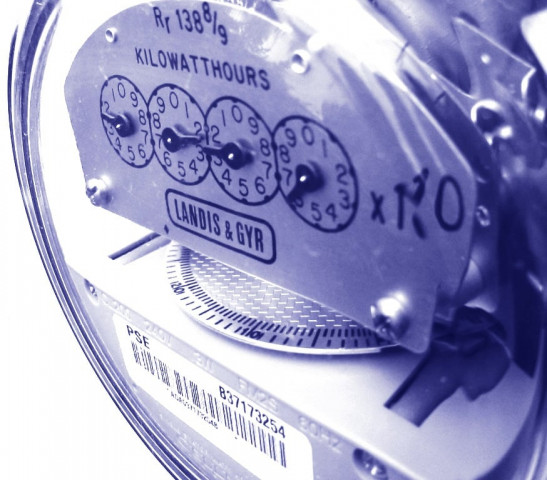Wastage of funds: Parliamentary panel directs end to power subsidy for rich
Says country can ill-afford affluent people availing the facility.

The provision of free electricity to Wapda employees should also be put to an end, says Gohar. PHOTO: FILE
As the power crisis worsens due to rising circular debt, a parliamentary panel on energy has recommended putting an end to power subsidies for the rich and mighty.
The panel observed that the government should withdraw subsidies for powerful people including parliamentarians, the bureaucracy and employees of the Water and Power Development Authority (Wapda) to help ease the debt crisis.
The National Assembly’s special committee on energy crisis met here on Monday with Shahid Khaqan Abbasi in the chair. The panel was informed that the power sector had eaten up Rs290 billion of the budget during the first seven months of the year on account of subsidies.
While briefing the parliamentary panel, Water and Power Additional Secretary Arshad Mirza said that the bureaucracy and parliamentarians had no right to enjoy the power subsidy. “If someone can afford an air conditioner, he should pay his electricity bill,” he said, adding that the government requires political will to end across-the-board subsidies and put its house in order.
Committee Member Bushra Gohar added that the provision of free electricity to Wapda employees should also be put to an end.

“The government is paying Rs3.97 per unit in subsidy for domestic consumers, Rs2.48 per unit for commercial consumers, Rs1.89 per unit for industrial consumers and Rs3.07 for every unit consumed by the agricultural sector,” a power ministry official told the committee.
Committee Chairman Abbasi said that a raise in the power tariff was an immediate short-term solution for the power crisis plaguing the country. He said that there was a price differential of Rs4 per unit between the generation cost of electricity and its sale price, and the tariff should therefore be raised by that amount.
He recommended that power be made expensive for bulk consumers of electricity, and that subsidies be directed instead towards those consuming relatively less electricity.
He observed that subsidies exceeded other expenditures of the government. He stressed that power distribution companies should also be bound to reduce transmission and distribution losses.
Published in The Express Tribune, February 19th, 2013.
Like Business on Facebook to stay informed and join in the conversation.



















COMMENTS
Comments are moderated and generally will be posted if they are on-topic and not abusive.
For more information, please see our Comments FAQ